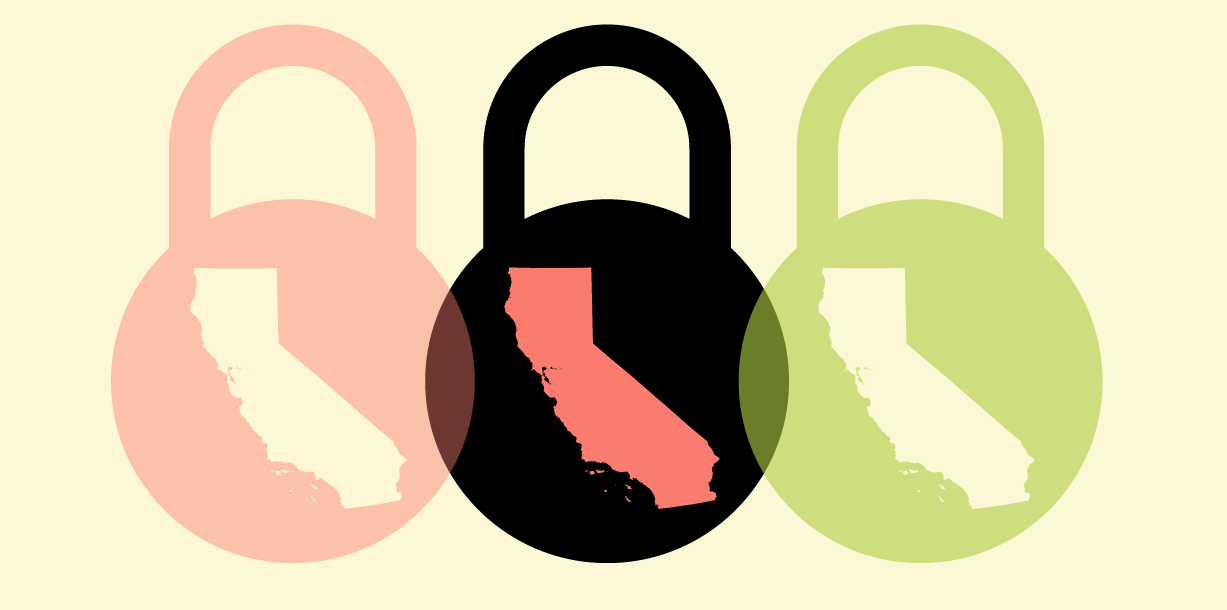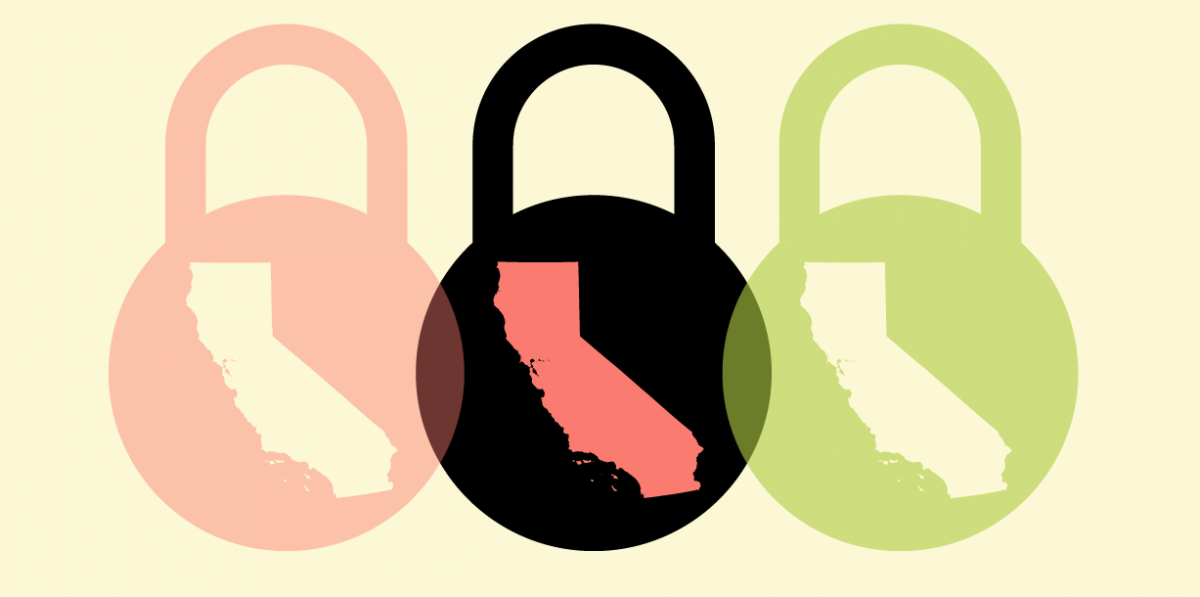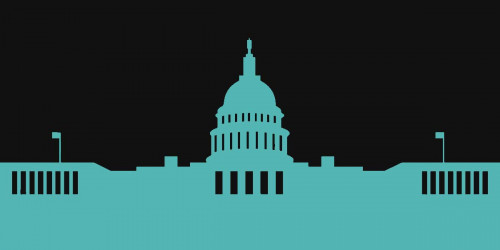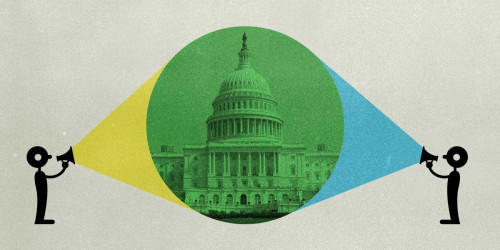The California Senate Judiciary Committee heard five bills on Tuesday that EFF and other privacy advocates strongly opposed. These measures, backed by big business and the tech industry, would have eviscerated the California Consumer Privacy Act (CCPA), a landmark privacy law passed last year. We thank the Senate Judiciary Committee, in particular Chair Senator Hannah-Beth Jackson and the committee’s staff, for blocking efforts to weaken the state's baseline privacy protections.
Unfortunately, the California legislature failed to add much-needed additional protections to the CCPA this year when it blocked bills from California Senator Hannah-Beth Jackson and Assemblymember Buffy Wicks. These measures would have afforded consumers rights about how companies use their personal data, and increased their ability to exercise and enforce their rights under the CCPA. Worse, lawmakers advanced several bills that each would have weakened the CCPA on their own. Taken together, they would have significantly eroded this law, which is set to go into effect in January 2020.
Thankfully, Senate Judiciary Committee members voted down A.B. 873, which privacy advocates opposed because it would have weakened the definition of “personal information” and undermined critical privacy protections in the CCPA.
We are also pleased that Assemblymember Ken Cooley chose not to bring the most problematic of the privacy-eroding bills, A.B. 1416, up for a vote, and that it will not move forward this session. A.B. 1416 would have created an enormous loophole that would have allowed any company that sells or shares information to the government the ability to ignore your privacy rights. It faced strong opposition from privacy advocates and immigrant rights advocates.
The committee passed A.B. 25 (Asm. Ed Chau), after the author agreed to amendments that assuaged the concerns of privacy groups, employer advocates, and labor unions. The bill, originally intended to clean up implementation concerns with the CCPA, would have removed CCPA protections from data that companies collect about their employees. This bill contains a one-year sunset, with stakeholders committing to discuss employee privacy legislation more comprehensively in 2020.
The committee also spent significant time discussing the two remaining bills aimed at weakening the CCPA: A.B. 846 (Asm. Autumn Burke), which would make it easier for businesses to force consumers to pay for their privacy rights under the guise of loyalty programs, and A.B. 1564 (Asm. Mark Berman), which would make it harder for low-income Californians to exercise their privacy rights. We appreciate that Sen. Jackson negotiated with both authors to take amendments in committee on their bills that address some of our concerns. We look forward to continuing these conversations.
Finally, we thank every person who spoke up to tell the Senate Judiciary Committee and its chair to defend the basic privacy protections granted by the CCPA. We will continue the fight to improve the privacy rights of all Californians.












